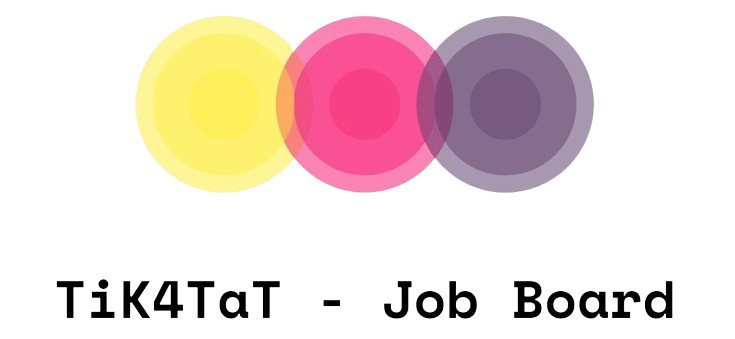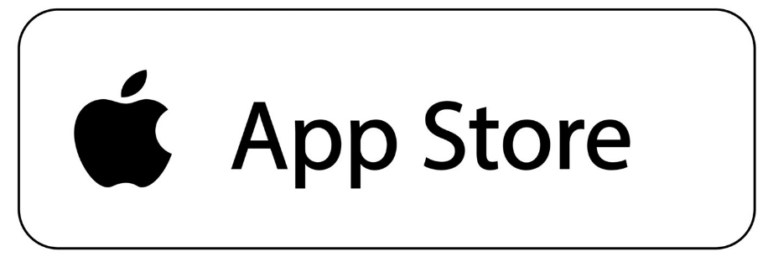pojel75660
About Candidate
The Impact of Nursing Service Writing on Healthcare Quality and Safety
Nursing service writing is an integral part of healthcare delivery, profoundly influencing patient care, safety, and treatment cheap nursing writing services. Effective nursing documentation ensures accurate communication between healthcare providers, promotes consistency in patient care, and serves as an essential tool for legal and ethical accountability. Nurses, who are often on the front lines of patient care, must be adept at creating clear, precise, and comprehensive documentation to ensure that each patient’s journey through the healthcare system is smooth, safe, and well-coordinated.
One of the most critical roles of nursing service writing is in patient assessment documentation. When a patient first enters a healthcare facility, it is typically the nurse who conducts an initial assessment, gathering key information such as medical history, current symptoms, and physical condition. This detailed documentation forms the basis of the patient’s care plan, guiding the entire medical team in developing appropriate interventions. For example, a patient admitted with a stroke will undergo a series of assessments, including neurological exams, vital sign monitoring, and speech evaluations, all carefully documented by the nurse. This information not only helps physicians determine the best course of treatment but also provides a benchmark for tracking the patient’s recovery. Without accurate and thorough assessment documentation, critical aspects of the patient’s condition could be overlooked, leading to suboptimal care or delayed interventions.
In addition to assessments, ongoing nursing documentation plays a pivotal role in tracking a patient’s nurs fpx 4050 assessment 3. Nurses regularly update patient records with information about their responses to treatment, any changes in their condition, and the interventions provided. Progress notes serve as a continuous log of the patient’s health status, offering valuable insights to other members of the healthcare team. For instance, if a patient with heart failure is receiving diuretics to reduce fluid buildup, the nurse will document daily weight measurements, urine output, and any changes in the patient’s breathing or swelling. These observations help the medical team adjust treatment as necessary, ensuring that the patient’s care is tailored to their evolving needs. Regular and detailed progress notes are essential for ensuring that patient care is dynamic and responsive, preventing complications and fostering better health outcomes.
Accurate medication documentation is another crucial aspect of nursing service writing. Nurses are responsible for administering medications and documenting each dose given, the time of administration, the route (oral, intravenous, etc.), and any observed side effects. This documentation is vital for preventing medication errors, ensuring that the right medication is given to the right patient at the right time. For example, a nurse caring for a patient with hypertension will record every dose of blood pressure medication administered, noting the time and any changes in the patient’s blood pressure afterward. This meticulous documentation not only ensures patient safety but also provides critical information for physicians when adjusting medication dosages or treatments. Poor documentation in this area can lead to serious consequences, including overdoses, missed doses, or dangerous drug interactions, highlighting the importance of precision in nursing service writing.
In a multidisciplinary healthcare setting, nursing service writing is the glue that holds different care providers nurs fpx 4060 assessment 3. Nurses, physicians, physical therapists, pharmacists, and other healthcare professionals must collaborate to provide comprehensive care, and accurate documentation facilitates this teamwork. Clear and detailed nursing notes allow other professionals to quickly understand the patient’s condition and make informed decisions about their role in the care plan. For example, a nurse caring for a patient recovering from hip surgery will document the patient’s pain levels, mobility progress, and any signs of infection at the surgical site. This information is critical for the physical therapist, who needs to know the patient’s pain threshold before beginning rehabilitation exercises, and for the physician, who must monitor for postoperative complications. Nursing documentation thus fosters interdisciplinary collaboration, helping to ensure that all aspects of the patient’s care are coordinated and consistent.
Nursing service writing also plays a central role in patient safety, particularly through the documentation of incidents such as patient falls, medication errors, or equipment malfunctions. Incident reports are vital tools for identifying and addressing safety risks in healthcare environments. For instance, if a patient slips and falls while trying to get out of bed without assistance, the nurse must complete an incident report detailing the circumstances, the patient’s condition afterward, and any interventions put in place to prevent future falls, such as providing a bed alarm or increasing supervision. These reports are essential for improving safety protocols within healthcare facilities, as they allow administrators to identify trends, assess risks, and implement preventive measures. Furthermore, incident documentation helps protect patients by ensuring that safety concerns are addressed promptly and systematically.
Legal accountability is another crucial function of nursing service writing. Medical records, including nursing documentation, are legal documents that can be used in court to verify the care provided to a patient. In the event of a malpractice claim, thorough and accurate documentation can protect nurses and healthcare providers by serving as evidence that appropriate care was delivered. For example, if a patient claims that they did not receive proper care after a surgical procedure, the nurse’s notes documenting regular wound assessments, vital sign checks, and pain management interventions can provide proof that the standard of care was nurs fpx 4900 assessment 1. In contrast, incomplete or vague documentation can create legal vulnerabilities, underscoring the importance of diligent record-keeping in nursing practice. Moreover, healthcare facilities are subject to regulatory oversight, and nursing documentation plays a key role in meeting the standards set by accrediting bodies and government agencies.
Nursing service writing is equally important in discharge planning and patient education. Before a patient leaves a healthcare facility, nurses are responsible for providing detailed written instructions on how to manage their health at home. This may include information on medications, dietary restrictions, wound care, and follow-up appointments. For instance, when a patient is discharged after undergoing knee replacement surgery, the nurse will document and explain how to care for the surgical site, manage pain, and perform necessary exercises to aid recovery. Clear, well-documented discharge instructions help ensure that patients understand how to care for themselves at home, reducing the risk of complications and hospital readmissions. This aspect of nursing documentation supports patient autonomy and encourages better long-term health outcomes.
With the advent of electronic health records (EHRs), nursing service writing has become more streamlined and accessible. EHRs allow nurses to document patient care in real-time, ensuring that records are up-to-date and available to all members of the healthcare team. This technology improves the accuracy of documentation and reduces the risk of errors associated with paper records, such as illegible handwriting or misplaced files. For example, a nurse working in the intensive care unit can use the EHR to quickly access a patient’s lab results, medication history, and treatment plan, enabling faster decision-making in critical situations. However, while EHRs offer many advantages, they also present challenges. Nurses must be careful not to rely too heavily on templates or shortcuts, as these can lead to generic documentation that fails to capture the unique needs of individual patients.
In conclusion, nursing service writing is a vital aspect of healthcare that ensures the quality, safety, and continuity of patient care. From initial assessments and progress notes to medication records and incident reports, nursing documentation provides the foundation for effective communication, legal accountability, and interdisciplinary collaboration. As healthcare continues to evolve, the importance of nursing service writing will only grow, especially with the increasing reliance on technology and the demand for higher standards of patient care. By maintaining rigorous documentation practices, nurses play a crucial role in enhancing patient outcomes and safeguarding the integrity of the healthcare system.


